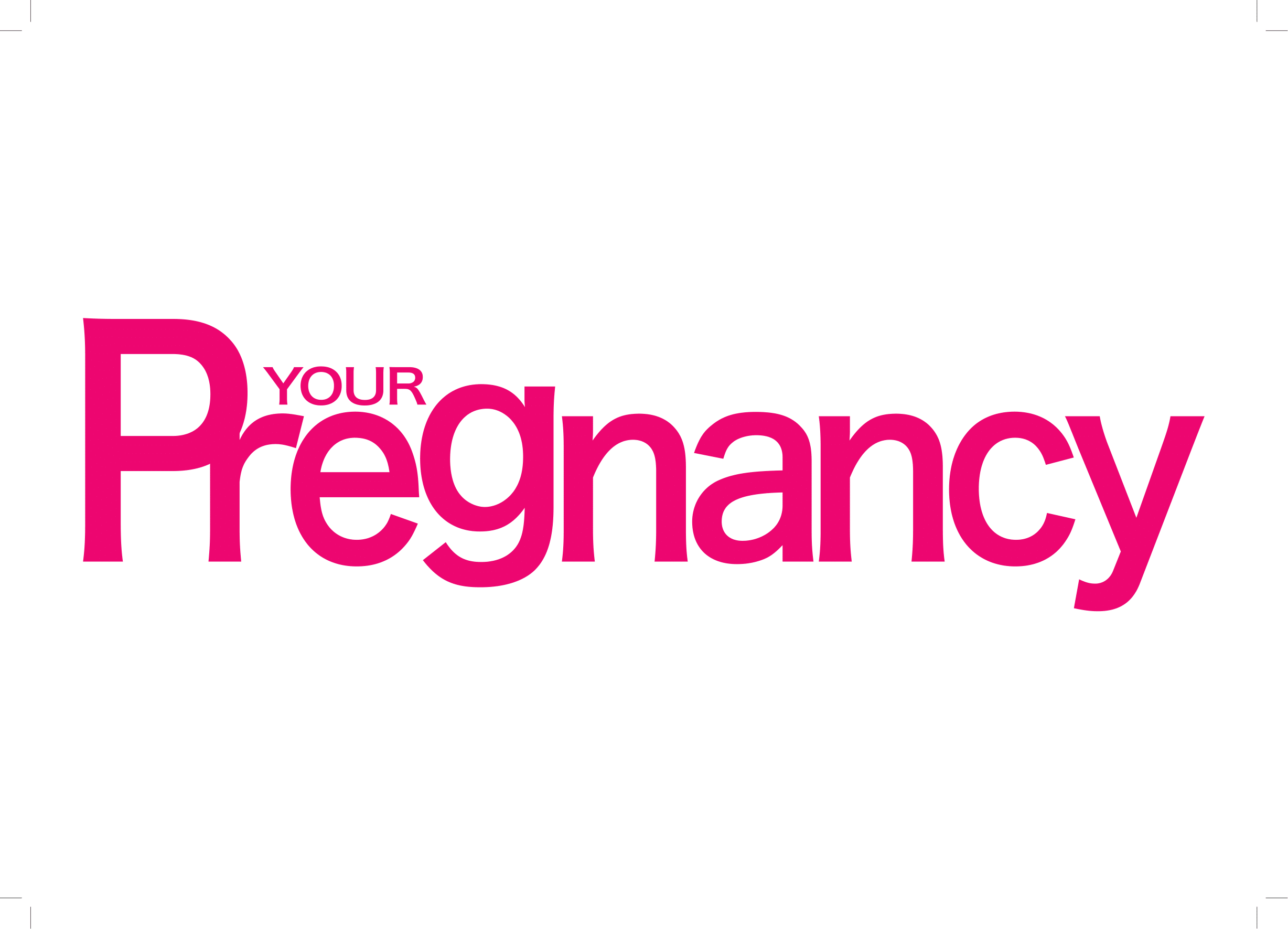
In response to the psychological ups and downs associated with fertility treatment, more and more couples are turning to hypnotherapy to increase their chances of starting a family.
And if recent studies are anything to go by, then there is much to be said for embarking on a hypno-fertility programme, because women who have undergone this intervention during in vitro fertilisation may increase their success rate.
What is Hypno-fertility?
The clinical hypno-fertility programme, which is on offer from leading fertility clinics like Vitalab, has been designed to help women prepare their bodies for fertility treatment on a physical, emotional and mental level.
“In essence, clinical hypnosis refers to a deep state of relaxation in which it is possible to reach one’s subconscious mind to make positive changes through appropriate suggestions and guided visualisations,” explains Vitalab’s Dr Merwyn Jacobson.
Formulated by Dr Woolf Solomon, the clinical hypno-fertility programme seeks to address any issues that may be holding a couple back from starting the family of their dreams.
“Certain fears can prevent conception and subconscious issues may exist around pregnancy, labour, childbirth and motherhood by way of example. Unresolved issues from a woman’s own childhood or concerns around balancing parenthood with a career may also stand in the way of fertility. Hypnotherapy is an effective intervention that helps resolve any issues of this nature that may be preventing a successful pregnancy,” says Dr Solomon.
Benefits of Hypno-fertility
The benefits of clinical hypno-therapy are manifold and according to Dr Solomon, the treatment can increase feelings of control, confidence and wellbeing in both men and women undergoing any form of fertility procedure.
As those who are trying to fall pregnant well know, any feelings of emotional distress take their toll on their body’s ability to conceive. The clinical hypno-fertility programme seeks to alleviate depression, anxiety and worry ensuring that couples maximise their chances of starting a family.
With infertility becoming more and more defined as a common challenge confronted by couples, there can be no doubt that there is a valuable place for clinical hypno-therapy in the fertility treatment armamentarium.
Research reveals that in almost 40% of infertility cases, the problem lies with the male while in 35% of couples, the female requires treatment. This means that clinical hypno-fertility can be an exceptionally useful tool for both hopeful men and women with dreams of having children.
“A key success factor in fertility treatment is not knowing if you are fertile, but recognising that there may be a problem which needs addressing. As a general rule, infertility is defined as not being able to conceive after a full year of trying.
This applies specifically to women under the age of 35 years of age who have no history of gynaelogical ailments. Women who experience painful, irregular or abnormal periods, pelvic infections, surgery or discomfort during intercourse should seek help sooner,” explains Dr Jacobson.
He goes on to add, “Women over the age of 35 should pay a visit to a fertility clinic after 6 months of trying to conceive with no results. Furthermore, if her partner has a history of mumps after puberty, any injuries to his testicles, surgery to the groin or genitalia, a semen analysis would be of great value.”
The proccess
Once fertility treatment is considered, a complete history and examination of both partners should take place prior to the commencement of treatment. The course of action taken depends largely on the cause of infertility and may include any of the following:
- Medication may be prescribed to induce ovulation, unless a doctor determines that the supply of eggs has been exhausted.
- Insemination, which is the placement of sperm directly into the reproductive tract, may improve the success rate of ovulation induction
- Surgery can correct some fertility problems such as endometriosis or obstructions or abnormalities in the reproductive organs
- Assisted reproductive technologies such as in vitro fertilisation (IVF), in which egg and sperm are united in a laboratory and transferred back to a woman’s uterus, may also be recommended
IVF is a major treatment in infertility when other methods of assisted reproductive technology have failed. The process involves hormonally controlling the ovulatory process, removing ova (eggs) from the woman's ovaries and letting sperm fertilise them in a fluid medium. The fertilised egg (zygote) is then transferred to the patient's uterus with the intent to establish a successful pregnancy,” expands Dr Jacobson.
For many couples, IVF may offer the last hope of conceiving a child and for women with standard indications for IVF such as blocked or diseased fallopian tubes, the pregnancy rates per treatment have improved significantly.
This is particularly true of women who have sought the benefits of clinical hypno-therapy. By putting their minds to conception and confronting their psychological issues, they have maximised their chances of making their dreams of starting a family come true.




 Publications
Publications
 Partners
Partners














